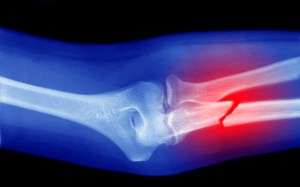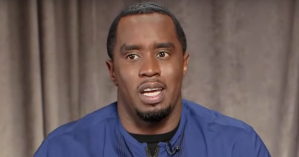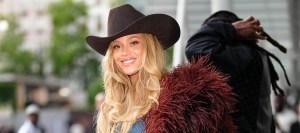With the first round of coronavirus stimulus checks having already landed in the bank accounts of some 80 million Americans, millions of others without bank accounts will have to wait weeks, if not months, for their coronavirus stimulus check to arrive. With unemployment numbers reaching record levels and still on the rise, the coronavirus pandemic is shedding light on another issue hitting many in this country: unbanked households.
According to the Federal Deposit Insurance Corp. and as reported by the Associated Press, approximately 8.4 million U.S. households were considered “unbanked” in 2017, meaning that nobody in the household had a bank account. The issue largely affected minorities, with roughly 17 percent of black households and 14 percent of Hispanic households without a bank account in 2017, whereas just 3 percent of white households were unbanked and 2.5 percent of Asian American households. Another 24.2 million households were “underbanked,” meaning they might have a bank account but members of the household also used an alternative financial service.
Videos by PopCulture.com
Currently, there is no way for unbanked households to speed up the delivery of their stimulus payout. While the Internal Revenue Service (IRS) launched a non-filers tool as well as a “Get My Payment” tool that allows people to enter their banking information to receive their money via direct deposit, there is currently no tool to assist those who do not have bank accounts. This means that those households will have to wait for paper checks to be mailed, which cane take months. Current projections anticipate 5 million paper checks being sent every week beginning with the households with the lowest adjusted gross income (AGI), with the timetable for mailing extending all the way through Sept. 11.
That lengthy time table is revealing what some are calling a social justice issue, as many unbanked households are unable to obtain bank accounts due to bank account fees and banks deeming them too risky. As a result, once these households receive their paper checks, they will be forced to go to check-cashing stores to cash their checks, which can come with high rates. These business have already seen long-lines, which pose a danger to public health.
In response to the issue, advocates believe that the federal government should use the pandemic payments as an opportunity to bring more people into the banking system via Bank On accounts. FDIC insured, these accounts cost $5 or less a month and do not allow overdrafts or charge insufficient-fund fees, and can be used for direct deposit, purchases, and paying bills.









